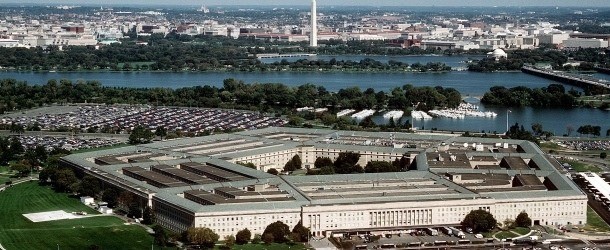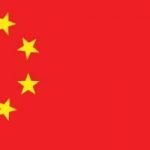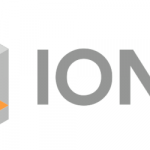Pentagon Trying to Manage Quantum Science Hype

(NationalDefenseMagazine) The U.S. Defense Department is faced with the double challenge of developing quantum technology while also managing the hype surrounding it. While many observers are gung-ho about quantum’s potential, defense officials are trying to manage expectations about how quickly the tech will be ready for military use.
Paul Lopata, principal director for quantum science in the office of the undersecretary of defense for research and engineering, who is coordinating the department’s efforts gave a general forecast for when he expects new quantum technologies to be ready for prime time in the military. “One always gets in trouble when one tries to predict these things,” he said. “But I would anticipate seeing advancements in atomic clocks in the next five years, quantum sensors likely in the next 10 years, and then the computing and communication aspects safely on the other side of 10 years.
The technology, one of the Pentagon’s top modernization priorities, could be leveraged for a number of military applications, said Lopata, “In the near term, the primary use cases have to do with atomic clocks and quantum sensors,” he said in an interview.
In 2021, the Office of Naval Research will be pursuing a next-generation atomic clock that is expected to be more rugged and have 1,000 times better performance than previous systems, he said. The Defense Innovation Unit also recently put out a call to tech companies for new quantum inertial sensors that could be used for navigation.
Meanwhile, researchers are pursuing quantum computers which some predict will be exponentially faster than digital computers.
there are major hurdles associated with the technology. “There’s a ton of excitement in the computer science community about these new computers, and there’s a ton of excitement in academia and industry for building these small prototypes,” Lopata said. “But one of the key challenges is understanding how to utilize them and which computing missions are going to be the first ones to take advantage of them. It’s not something that is anticipated to be making a military mission impact in the near term,” he added.
The need for more quantum expertise and STEM education has been highlighted by observers who worry that the United States may lose the tech race with China. “Workforce is a hot topic right now, especially given the rapid growth in the field,” Lopata said.



















